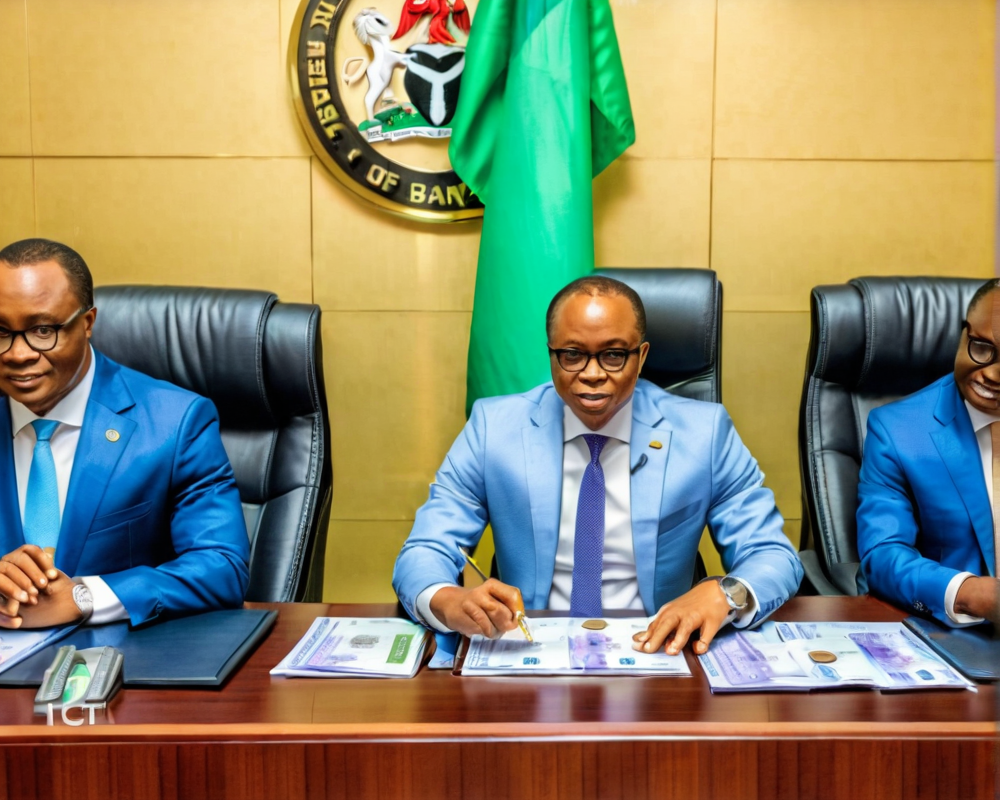The Central Bank’s Ambitious Vision
The Central Bank of Nigeria (CBN) is on a mission to revolutionize its payments landscape with its latest policy document, titled Nigeria Payments System Vision 2025. This not-so-brief read is 83 pages of insights that look like a well-cooked feijoada—hearty, a little spicy, and aimed at appeasing a broad audience. Over the next two years, the CBN plans to explore stablecoins, embrace blockchain technology for a central bank digital currency (CBDC), and consider regulatory tweaks for initial coin offerings (ICOs).
Benefits of a Blockchain-Based CBDC
Now, you may be asking: What’s in it for Nigeria? According to the CBN, a blockchain-powered CBDC could provide several advantages. Here are 11 perks worth mentioning:
- Improved cash cost management
- Counterfeit currency prevention
- Enhanced audibility for transparency
- Logistical improvements
- Boosted efficiency in payments
But that’s just scratching the surface. The bank believes that a CBDC would allow for better control of monetary policy, helping to keep an eye on currency values and issues like tax evasion and money laundering. Sounds like the bank wants to be the superhero of currency management.
The Quest for Financial Inclusion
The CBN aims to stimulate financial inclusion and economic development through this digital leap. Think of it as saying, “Hey, everyone—come join the party!” By encouraging competition among financial institutions, they hope to make retail payments not just efficient but also, dare I say, fun?
The bank is optimistic about rolling out the CBDC within a 3-5 year window. Fingers crossed, right?
Stablecoins: The New Kid on the Block
As stablecoins gain traction globally, Nigeria’s interest is piqued. The CBN acknowledges the need for a regulatory framework to handle these fiat-backed digital currencies. But they’re singling out ICOs with a raised eyebrow, showing caution, or as they call it, “little appetite” for adopting existing ICOs due to their lawless nature.
Still, they seethe potential for ICOs in funding capital projects or even for peer-to-peer lending. The takeaway? ICOs might have a role in Nigeria’s digital finance future—if they can be tamed.
Looking Ahead: Adoption Challenges
While the CBN has been piloting its CBDC, the eNaira, since October 2021, it hasn’t taken off like a rocket. Recent reports indicate that only about 0.5% of Nigerians have engaged with the eNaira. This damp squib of a launch gives reason for concern, especially as locals seem deeply interested in cryptocurrencies instead.
According to Adesoji Solanke from Renaissance Capital, the eNaira needs to prove itself to be more than just a fancy wallet. He suggests explicit incentives—think low transaction fees and a broader range of functionalities, perhaps—might make the eNaira worth downloading.
The Regulatory Tightrope
The CBN’s previous prohibitive stance towards cryptocurrencies makes this whole switching gears a tad complicated. Their 2021 ban on banks servicing crypto exchanges put a damper on the burgeoning market. However, rumblings of potential policy changes could recognize cryptocurrencies as investment capital, pivoting the CBN towards a more progressive approach.
Ultimately, the challenge remains: Can the CBN successfully implement regulations around stablecoins, ICOs, and CBDCs while keeping the economy stable and citizens happy? Only time will tell.




